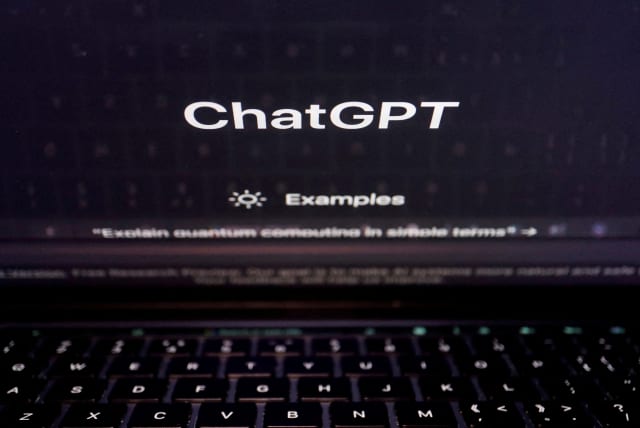Are you protected from AI-generated online scams?

People are 10% more likely to click links that are generated by AI, according to Teo Xiang Zheng, vice president of advisory and consulting at Ensign InfoSecurity.
Online scams are now harder to spot, thanks to Artificial Intelligence (AI). Scammers are now able to rely on programs like ChatGPT to produce texts, without spelling or grammatical errors, that sound convincing.
In previous years, people were able to look at their inboxes and tell with some degree of certainty that an email was a phishing attempt. The real tax-refund authority would rarely sign their emails off with 'Sincerly urs, tax refund authority.'
The risks that the availability of AI posed was brought to attention by the security software firm Nortion in March. Nortons' report cataloged the risks that AI could have for deep fake content, launch fishing campaigns, code malware and more.
The cybersecurity firm Darktrace has confirmed that phishing emails could be traced back to AI software.
People are 10% more likely to click links that are generated by AI, according to Teo Xiang Zheng, vice president of advisory and consulting at Ensign InfoSecurity.
Zheng added that Dark Web forums openly discuss new ways to use AI to engage in criminal activity. In December, it was found that AI was used to create a python script for a malware attack, according to Check Point Software Technologies.
“In most cases, they do not have English as a first language nor a strong command of language – and this is why scam messages have, to date, been poorly written,” stated Joanne Wong, the vice president of international markets at LogRhythm.
How to spot a scam
Scam emails often create a sense of urgency. If people feel rushed to act, they are more likely to miss signs of a scam. When you receive an email requiring immediate action, take a moment to assess whether that email is genuine and why the email is asking you to act quickly.
While some scams may be able to use your email to guess your name, many will use generic titles like 'account holder.' If the email does not address you by name, there is a good chance that it is not legitimate.
You should also check the email that is contacting you. Your bank's email address is unlikely to contain numbers or letters added to the company's name.
Jerusalem Post Store
`; document.getElementById("linkPremium").innerHTML = cont; var divWithLink = document.getElementById("premium-link"); if (divWithLink !== null && divWithLink !== 'undefined') { divWithLink.style.border = "solid 1px #cb0f3e"; divWithLink.style.textAlign = "center"; divWithLink.style.marginBottom = "15px"; divWithLink.style.marginTop = "15px"; divWithLink.style.width = "100%"; divWithLink.style.backgroundColor = "#122952"; divWithLink.style.color = "#ffffff"; divWithLink.style.lineHeight = "1.5"; } } (function (v, i) { });


